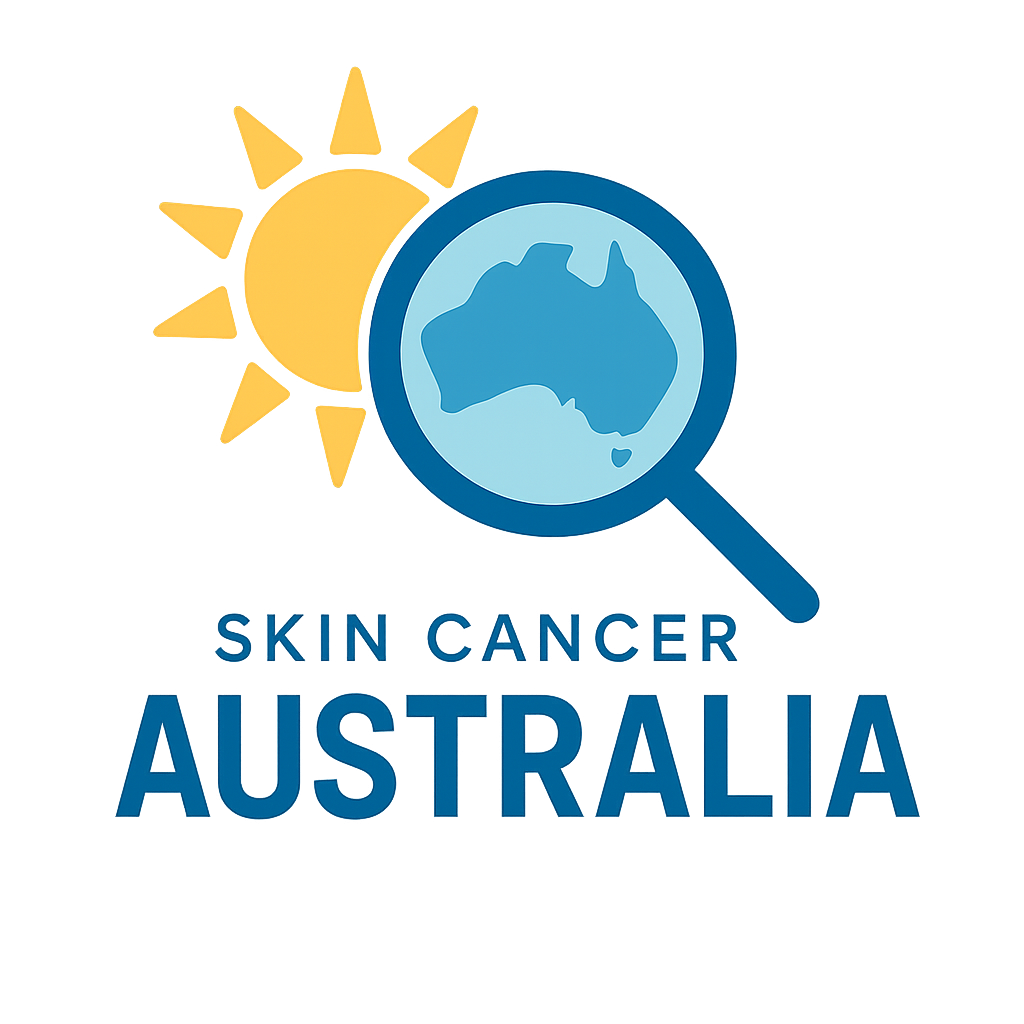Why So Many Australians Intend to Get Skin Checks — Even Without Official Guidelines
Despite skin cancer screening not being formally recommended by Australian health authorities, many Australians are taking matters into their own hands. A landmark Queensland study of over 3,000 people found that nearly half intended to get a professional skin check, and almost three-quarters planned to check their own skin within the next year.
Why are so many Australians planning skin checks despite the lack of formal guidelines? The answer lies in public awareness, perceived personal risk, and a strong national history of skin cancer education.
What the Research Shows
This major study surveyed over 3,100 Queensland residents aged 30 and above — a group living in one of the sunniest and most skin cancer-prone regions in the world. Here’s what they found:
-
45% planned to have a skin cancer check with a doctor in the next 12 months
-
72% intended to do a self-skin check during that time
-
People who had previously had their skin examined by a doctor were far more likely to intend future checks
-
Concern about skin cancer and personal or family history were also strong motivators
-
Men were less likely than women to intend to get skin checks
These figures are particularly notable because, at the time, no national screening recommendation existed for melanoma or nonmelanoma skin cancer.
The Power of Awareness
Over the past two decades, public health campaigns like SunSmart have raised awareness of the dangers of melanoma and other skin cancers. Australians have become highly aware of the risks, especially in high UV zones like Queensland and Victoria.
Melanoma is still the deadliest form of skin cancer — but it’s also one of the most treatable when caught early. That’s why many people seek out regular skin cancer screening in Melbourne and across Australia, even without a formal push from authorities.
What Drives People to Book a Skin Check?
According to the study, the top reasons Australians intend to have a skin cancer check are:
-
Previous experience: People who had a skin check before were more likely to go again
-
Worry about skin cancer: Anxiety or concern about sun exposure, skin changes or personal risk
-
Family or personal history of skin cancer
-
High perceived susceptibility, especially among fair-skinned individuals who spent a lot of time in the sun
For many Australians, these personal factors override the lack of a national screening policy.
Why Men Lag Behind
One concerning trend from the study: Men were significantly less likely than women to intend to have a skin check.
This is troubling because men over 50 have some of the highest rates of melanoma-related death in Australia. It suggests there’s more work to be done in targeting awareness campaigns toward male audiences, especially those living in sun-drenched regions like regional Victoria and Queensland.
Do Skin Checks Work?
Although systematic skin checks are not universally recommended, there is strong evidence that early detection improves survival. Thin melanomas, caught before they grow deeper, are nearly always curable with a simple procedure. The deeper the melanoma grows, the higher the risk of spread and fatality.
This is why many clinics now offer services like:
-
Mole removal in Melbourne
-
Non surgical mole removal Melbourne
-
Warts removal in Melbourne
-
Sun spot removal in Melbourne
Even when not officially part of a screening program, these procedures are helping to identify and treat suspicious lesions before they become dangerous.
The Role of GPs and Skin Cancer Clinics
Whether you go to your GP or a dedicated skin cancer clinic in Melbourne, a skin check is a quick, often bulk-billed procedure that could save your life. Doctors may use dermatoscopes or digital photography to track moles over time, especially for high-risk patients.
With the growing demand for skin checks — as shown by the Queensland study — it’s essential that clinics across Victoria are equipped to meet this need.
Key Takeaway: Intention Matters
Behavioural science tells us that intention is one of the strongest predictors of action. The fact that so many Australians intend to check their skin — whether professionally or at home — is promising.
Still, intention does not always translate to action. That’s why it’s crucial to:
-
Encourage people to follow through with their intentions
-
Make skin checks accessible, affordable and normalised
-
Target high-risk groups, especially men over 50
-
Promote skin cancer awareness all year round — not just in summer
Final Word
Skin cancer screening may not be on the official checklist of preventive health measures, but Aussies are ahead of the curve. From mole checks in Melbourne to self-exams in the bathroom mirror, many Australians are showing that when it comes to skin cancer, they’re not waiting for permission — they’re taking action.
If you’re due for a check or notice a new or changing spot, don’t wait. Book your skin cancer check in Melbourne today. Early action could make all the difference.
References
-
Janda M, Youl P, Lowe J, Elwood M, Ring I, Aitken J. Attitudes and intentions in relation to skin checks for early signs of skin cancer. Preventive Medicine. 2004;39(1):11–18.
-
Cancer Council Australia – Skin Cancer Statistics and Guidelines
-
RACGP Red Book – Guidelines for Preventive Activities in General Practice
